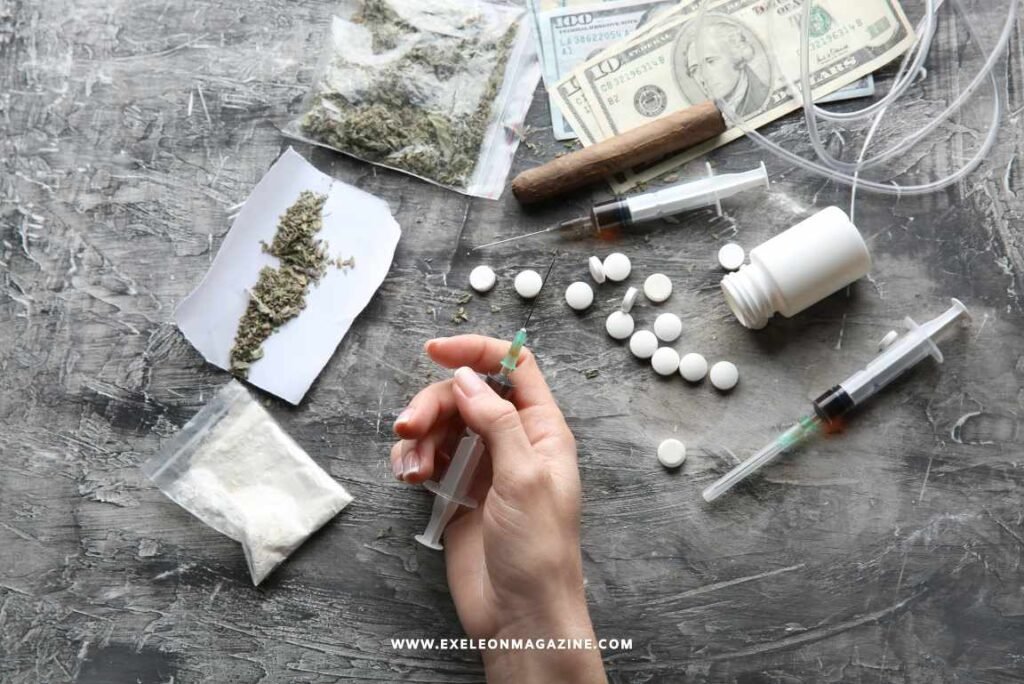It is hard to back up a cherished one who is suffering from dependency, and yet it is so essential for them to recover and live healthy lives. The support that you give them plays a crucial role in their journey to recovery from addiction. By learning the right ways of dealing with dependency, you will help them tread safely along the rough path in their recovery journey.
Understanding Addiction
The first step to help a beloved person with addiction is to understand the nature of the disease. It is a complex disease that affects, tragically, the functioning of the brain and behavior, putting people into a position to be incapable of desisting from using substances despite its negative consequences. A lack of knowledge on addiction would lead one to believe that it is more of a matter of willpower and not a serious disorder called a health problem that needs treatment and support. This knowledge promotes compassion and equips you to offer counseling.
Also Read: Dr. Amol Soin: Revolutionizing Pain Management
Recommend Professional Treatment
Recommend Superb Counseling. It is one of the critical aspects of support. Addiction can only be managed through professional treatment. Ideally, the person may require counseling, therapy, or medical treatment. For example, the only solution to those addicted to cocaine is seeking cocaine addiction treatment. A quality cocaine addiction treatment program must provide an individualized treatment that includes specific therapies and support. Encourage treatment, but make sure to do so very gently. Help them research treatment options or even attend appointments with them.
Offer Emotional Support
An addict will be in a desperate need for emotional support. Your loved one should feel and know that they are not alone and that you care about them. Show them you care by listening to them, encouraging, and being patient. Don’t be judgy or critical; it may aggravate their shame and guilt. Focus on their understanding and need for support to further self-esteem and motivation in recovery.
Setting Healthy Boundaries
This means establishing healthy boundaries, encasing a kind of protection for your well-being while being supportive. This helps prevent promoting further addiction by enabling behaviors on your part, such as covering up their flaws or giving in to supporting them fully through financial needs for their addiction. Be clear on what you will and will not tolerate or support. With such boundaries, you can help manage a more balanced relationship and let him take responsibility for his actions.
Positive Activities
You can encourage your loved one to take part in activities that would help them recover. Such distractions as hobbies, exercise, and social activities will keep them busy and help regain a better level of self-esteem. Help them seek out activities they enjoy and give them a sense of accomplishment and well-being. Positive activities will help in recovery, not only in mental health but also in living life more fully and having greater balance in their life.
Being Prepared for Relapse
Relapses are part of the general recovery process and not failures; they are in fact considered to be learning opportunities. If your loved one relapses, continued support and encouragement are critical. Do not get angry and do not show disappointment, but instead keep your focus on getting them back to their treatment plan. You need to acknowledge their struggles and remind them that recovery is a journey with ups and downs.
Also Read: Sophia Felix: A Powerhouse in The Cannabis Industry
Taking Care of Yourself
Helping a loved one dealing with dependency is generally emotionally and physically exhausting. It becomes very important, therefore, that you take care of yourself in order to be able to support the person. Get enough rest, indulge in your favorite sports or other activities, seek support from friends and family or a support group, and professional counseling if there is a need. Taking care of yourself means you stay strong and are better able to support your loved one effectively.
It basically means that supporting a loved one through addiction needs to be a compassionate, knowledgeable, and, of course, balanced approach. You can contribute hugely to their recovery by understanding addiction, encouraging professional help, supporting emotionally, setting boundaries, supporting positive activities, preparing for relapse, and taking care of yourself. Your support can largely influence their overcoming addiction and living a healthier and more fulfilling life.










